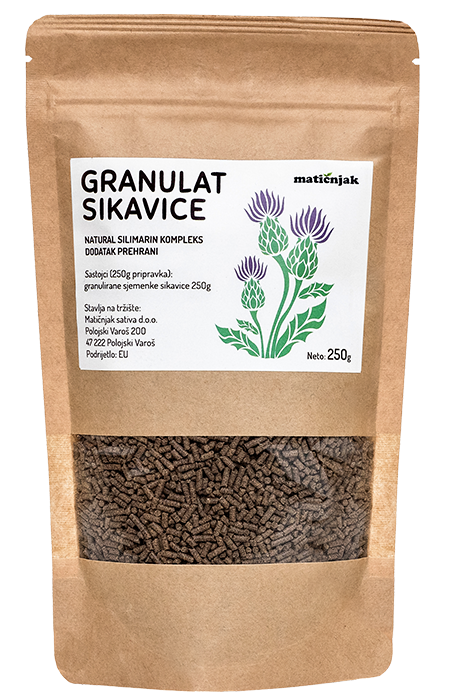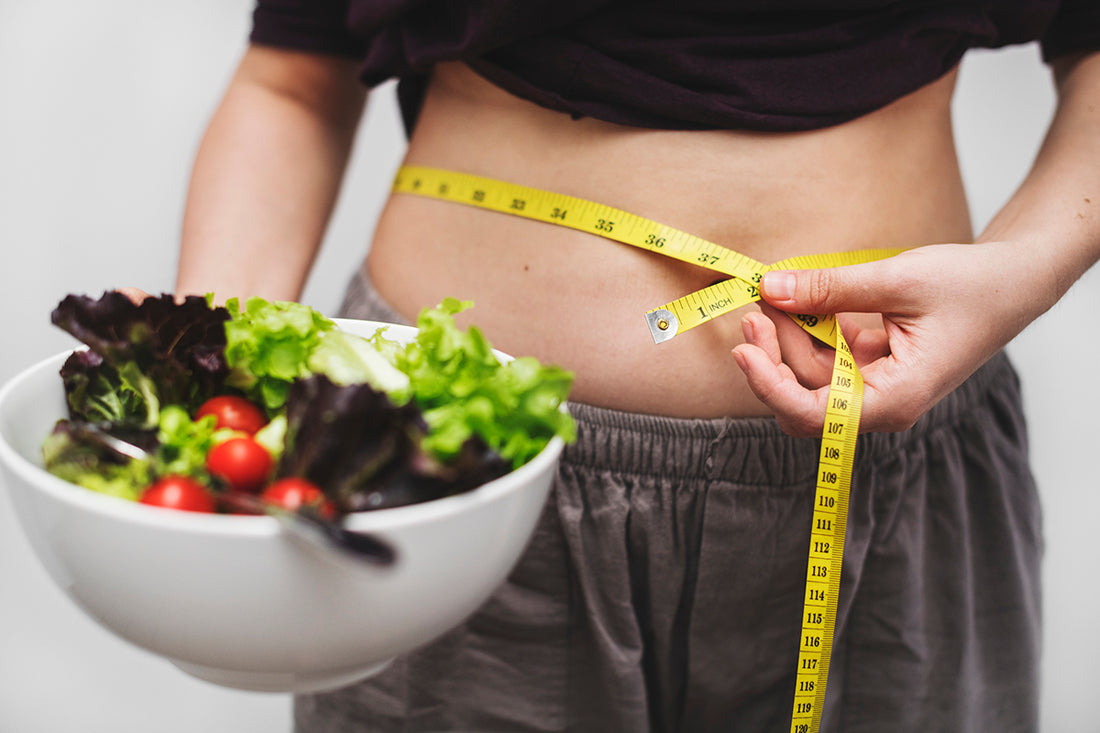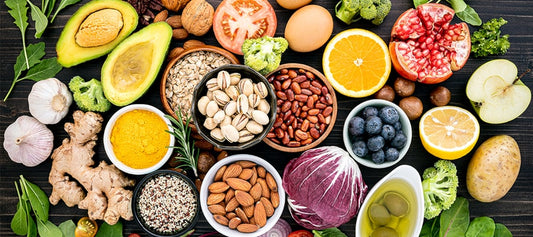[Signals from food 3/6]
Everywhere you look, you'll find advice, facts, research and opinions on nutrition, health and weight loss. Whether you want to better understand carbs, fats, or both... Which is good for you? What is bad for you? What will best serve your goals? Information is mostly contradictory and many times we ask ourselves: "What is the truth?"
Let's get to know carbohydrates
Let's start with carbohydrates. This macronutrient seems to be the most abused and most often discussed in a sensational and inaccurate way. One day you read: "Carbohydrates are bad for you". The very next day you read that "Carbohydrates are good for you".
Carbohydrates are chemical compounds consisting of one or more sugar units. Complex carbohydrates have long or multiple chains of sugars arranged to form starch or fiber. Examples of complex carbohydrates are rice, pasta, potatoes, beans and grain products.
Fiber is also a complex carbohydrate. However, its chemical composition is very different, and fiber provides zero calories and passes through the body along with waste. Fiber is a nutrient that our body needs to function in a healthy way. Both complex and simple carbohydrates provide fiber, except highly processed carbohydrates.Complex carbohydrates should be consumed the most, because their sugars take longer to break down and enter into our bloodstream. The result is a constant, gradual intake of calories (energy), avoiding a spike in glucose (sugar) in the blood. If we were to label any carbohydrates as "bad," we would look at processed foods and beverages, usually sweetened with added sugars. Processed food/drinks provide (empty) calories that cause a spike in blood sugar. In order for the body to get rid of excess sugar, insulin comes to the rescue, which stops fat burning and it dictates the conversion of sugar into fat. And this is where weight gain occurs again, we are in a vicious circle.
With which fats do we lose weight, and which ones give us problems?
Now you are wondering how to reduce body weight - by eating high-quality fatty acids. When it comes to weight loss, good fats are not the enemy. The diet and low-fat diet recommended for decades are to blame for excess weight and the obesity pandemic. In addition to them, processed carbohydrates share the blame. In childhood, you have more than 30 billion fat cells in your body, and that number remains essentially the same for the rest of your life. You gain weight by filling fat cells with fat from processed carbohydrates, and you lose weight by "burning" them with good fats.

Unsaturated fatty acids from fish and cold-pressed oils make us thinner. Membrane cells made of good fats respond better to insulin and consequently regulate sugar levels better. Without this control of sugar regulation, our body absorbs, accumulates and deposits more fat. High-quality, unsaturated fatty acids help reduce fat content in the body, increase fat burning and reduce hunger.
It is important to understand that excess sugar in the diet combined with the wrong, bad fats lead to weight gain. Every cell in our body needs good fats to build cell walls. And the human body contains more than ten trillion cells.
In addition to obesity, there are other signs that the body urgently needs polyunsaturated fatty acids:
- Dry skin, weak hair and soft, brittle nails
- Hormonal disorders
- Sleep problems
- Lack of concentration
- Joint pain and leg cramps
- Allergies
- Menstrual cycle problems
- The onset of a chronic illness
🌱 Maticnjak advises: If you want to eat so that your body trusts you and knows that it is in to burn fat and lose weight, if you want to feel good and look good, and if you want to prevent the occurrence of chronic diseases, eliminate processed carbohydrates from your diet and include good fats from cold-pressed oils and fish. Results will be seen quickly, smaller body circumference with visibly more beautiful skin, hair and nails, and focus and memory will be at a high level.
In the next blog, you will learn which fats you should avoid and how they sneaked them into our diet...
=> TRANS fat - can't go up (4/6)
Blog 'Signals from Food'
-
What Croats eat and how they eat (Introduction)
-
TRANS fun - white can't (4/6)
-
Inflammation (6/6)
Ivo Bačlija, herbalist, apitherapist
+The information and statements are for educational purposes and should not replace your doctor's advice.








